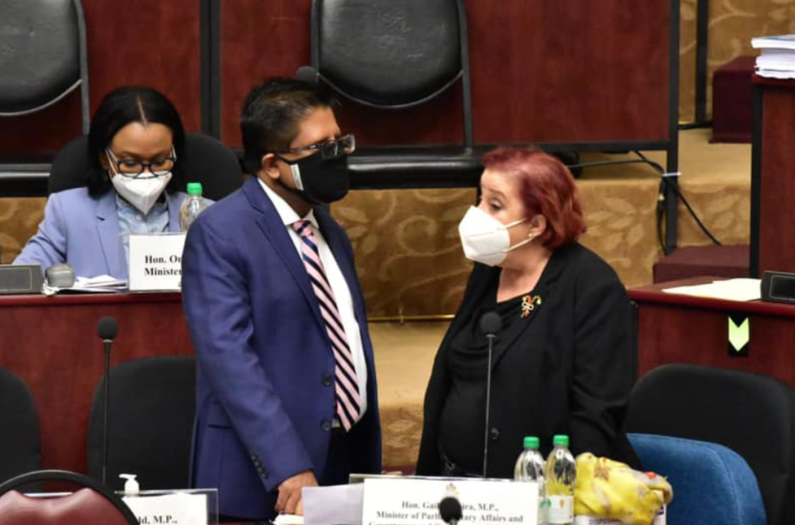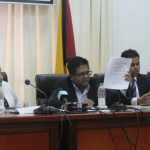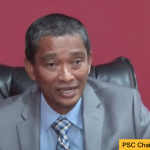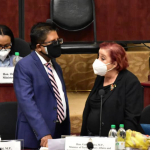
There is a call by a number of civil society organisations for the government to pull the brakes on the parliamentary vote on the Natural Resources Fund Bill.
In a joint statement, the Guyana Trades Union Congress, the Article 13 Group, and Transparency Institute Guyana are all calling on the Government to delay tomorrow’s 2nd reading and vote on the recently introduced Natural Resources Fund Bill.
The new Bill seeks to replace a previous one that was passed under the coalition government and critics have lashed out at its many changes which would see the government getting easier access to the country’s oil money and being able to spend it with less oversight.
“While our organisations have not had sufficient time to consider the full text of the Bill, we note the dismantling of the oversight mechanisms contained in the Act of the same name passed by the APNU+AFC Government. This Bill places the moneys in the Fund in the hands of a Board of Directors appointed by the President and that the Board reports to the Minister of Finance; that a Public Accountability and Oversight Committee comprising of nine persons providing vaguely for “non-governmental oversight of the Fund” is the body charged with reporting to the National Assembly; and that the Fund will be operationally managed by the Bank of Guyana, whose Governor is also appointed by the President”.
The civil society groups are also concerned about the government giving itself the ability through the new legislation to withdraw large sums of money from the fund as it wishes.
“We also find contentious the provision in the First Schedule to the Bill allowing the Government to appropriate the first US$500 million in the Fund, 75% of the next US$500 million or US$375 million, 50% of the next US$500 million or US$250 million, and 25% of the next $500 million or US$125 million. In other words, of the first US$2 billion, the Government is permitting itself to take out $1,250 million, not including withdrawals for emergency financing. If the constant resort to the Contingency Fund is any guide, emergency financing will take up what is left after these set withdrawals.”
The groups in their statement said it is unreasonable, even in the best of circumstances, for the people of Guyana and their parliamentary representatives to have just eight working days to consider the text and implications of undoubtedly the most significant piece of legislation of the PPP/C Administration.
“We consider it entirely unreasonable, even in the best of circumstances, for the people of Guyana and their parliamentary representatives to have just eight working days to consider the text and implications of undoubtedly the most significant piece of legislation of the PPP/C Administration. John Lipsky, First Deputy Managing Director, International Monetary Fund, in a 2008 seminar organised by the Ministry of Finance of Chile, noted that countries exporting nonrenewable resources have a challenge of transforming “such resources into sustainable and stable future income, compensating for the reality of volatile commodity prices and finite supplies”, the statement said.
The civil society groups believe there must be more consultation on the Bill and it, therefore, wants it to be referred to a Select Committee of the National Assembly to which members of the public are permitted to make recommendations.

















You must be logged in to post a comment Login